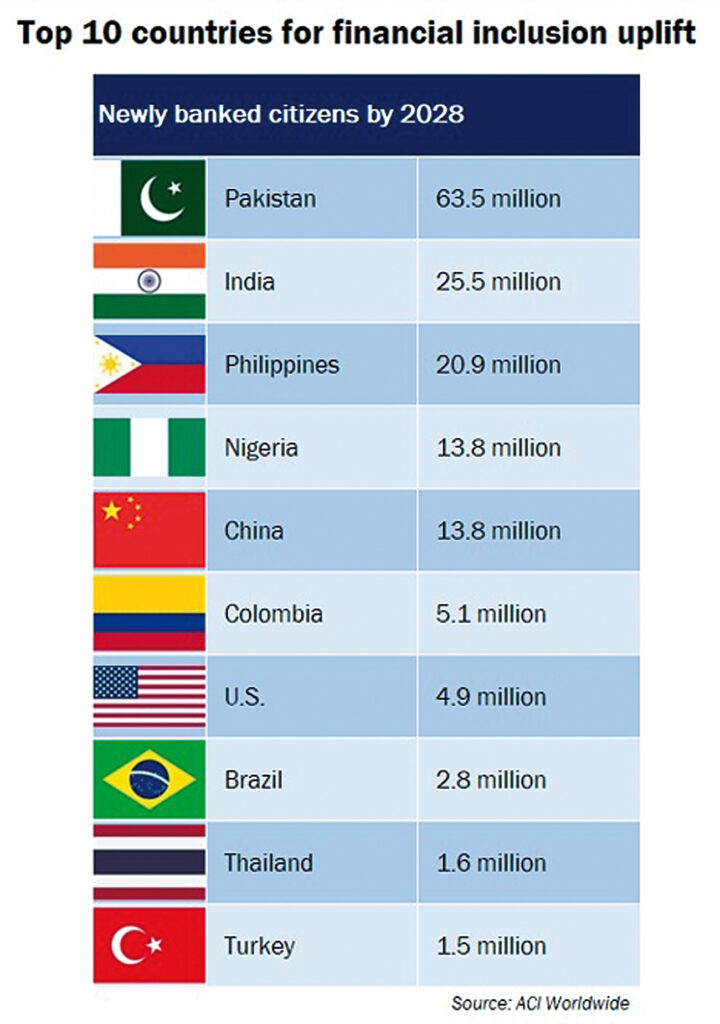Real-time payments are projected to provide banking access to nearly 21 million unbanked Filipinos and contribute $323 million of additional economic output by 2028.
The results of the latest Real-Time Payments: Economic Impact and Financial Inclusion report showed the Philippines will gain the third highest number of of newly-banked citizens by 2028 among 40 countries covered by the study.

The report, published by ACI Worldwide, in partnership with The Centre for Economics and Business Research, showed the estimated economic output is equivalent to 29,238 jobs in the Philippines.
The report said these findings showed an empirical link between real-time payments and financial inclusion.
“By providing citizens with access to affordable financial services, real-time payments drive economic growth and could potentially help lift millions of people out of poverty,” the report said.
According to the report, real-time payments are expected to increase the banked population in the Philippines by 23 percent equivalent to 21 million new account holders.
This increase presents a profit opportunity of $28.7 billion for financial institutions by 2028, calculated based on the typical customer lifetime value estimated at $1,375, the report added.
Globally, real-time payments are expected to contribute $285.8 billion in additional GDP growth and create more than 167 million new bank account holders by 2028.
The report also quantifies profit opportunities for financial institutions driven by the estimated financial inclusion uplift from adopting real-time payments.





